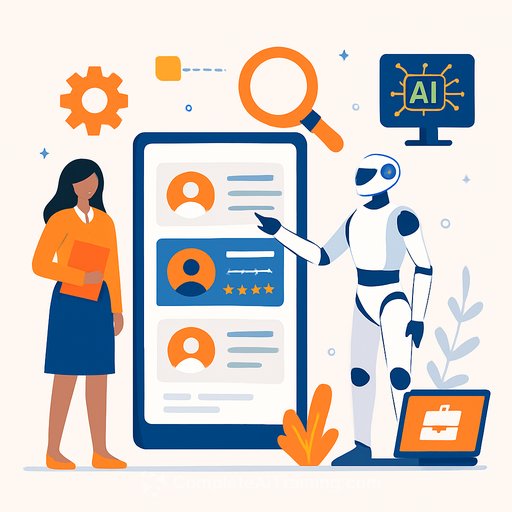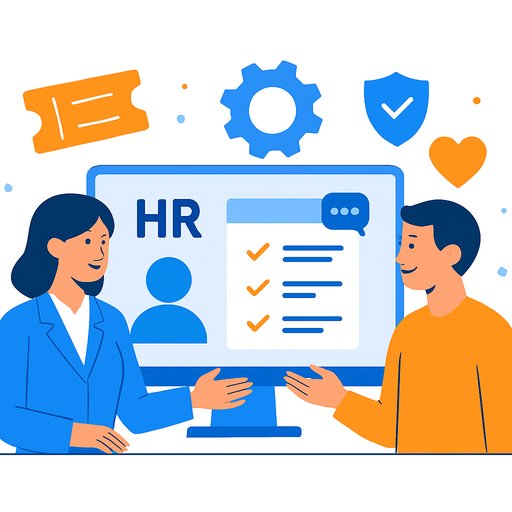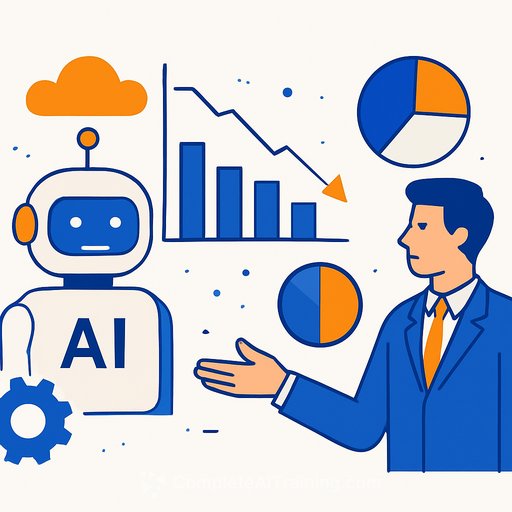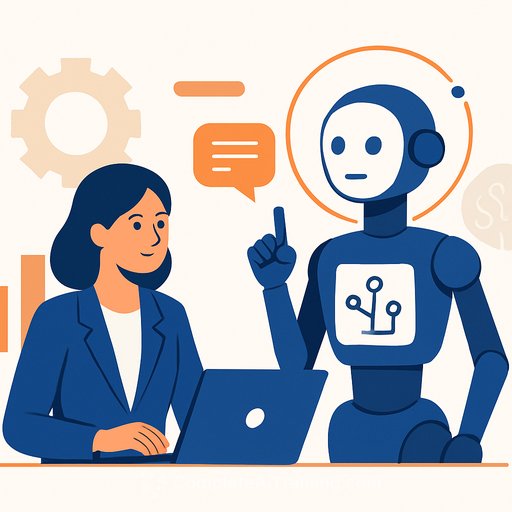How AI is Changing India’s Infotech Recruitment Landscape
Over the past two decades, recruitment in India has shifted online, making job opportunities accessible to candidates even in tier-2 and tier-3 cities. While this expanded reach is a positive, it also means recruiters face a flood of applications. Screening thousands of resumes manually is time-consuming and often leads to qualified candidates being overlooked.
Artificial Intelligence (AI) is stepping in to solve these challenges by automating the initial screening process and improving candidate engagement. This means fewer applications lost in the “black hole” and more efficient shortlisting.
AI Streamlines the Screening Process
Processing 1,000 applications used to take recruiters about a week. Now, AI can complete this task in just 15 minutes by matching resumes against job descriptions. Beyond screening, AI can send assessments to shortlisted candidates, handle initial evaluations, and even schedule interviews, making the entire hiring funnel more efficient.
For bulk recruitment drives, this is a game-changer. Instead of calling hundreds of candidates on a single day and managing long queues, AI spreads interviews throughout the day, saving time and resources for both recruiters and candidates.
AI Enhances Candidate Communication and Feedback
AI tools integrated into Applicant Tracking Systems (ATS) can manage communication with candidates, providing real-time updates on application status. Personalized messages and automated feedback help reduce the frustration candidates often feel when they don’t hear back. AI also analyzes sentiment from candidate interactions to identify engagement gaps and improve the overall recruitment experience.
More Accurate Matching Between Candidates and Jobs
AI helps job seekers by suggesting roles that best match their skills and by optimizing resumes to fit job descriptions. Candidates can use AI to highlight relevant skills in their CVs, improving their chances of getting shortlisted.
On the recruiter side, AI can mine existing databases to find suitable candidates before posting a job publicly. This reduces redundant postings and speeds up hiring.
Human Judgement Remains Crucial
While AI can optimize resumes and increase the number of applications, it can’t fully replace human judgement. Recruiters still need to conduct interviews and assess cultural fit, communication skills, and leadership potential. AI helps filter candidates, but decisions on hiring remain with experienced HR professionals.
Companies are also developing AI systems that detect over-optimization in resumes, ensuring candidates possess the skills they claim to have. This helps maintain the integrity of the hiring process.
Upskilling is Key for Job Seekers
AI makes recruitment more efficient but having relevant skills remains essential. Candidates must upskill to meet market demands and present those skills effectively. Job seekers who focus on continuous learning and skill development will find better matches and opportunities.
Predictive Hiring Improves Quality of Selection
Some companies use AI to analyze profiles of high performers and use those insights to shortlist candidates. This predictive hiring approach increases the chances of selecting candidates who fit well with the company's culture and role expectations.
Multilingual AI and Voice Analytics for Wider Reach
Platforms like Apna.co have introduced AI-powered calling agents that conduct interviews in multiple languages, including Hindi and English. These systems can handle thousands of simultaneous interviews, auto-generate role-specific questions, and provide instant feedback to recruiters. This technology helps companies manage large-scale recruitment without compromising on candidate experience.
Campus Recruitment Gets a Boost from AI
Campus drives often involve thousands of resumes, which can overwhelm HR teams. AI can quickly sift through these applications using keyword matching, reducing the pool to a manageable number. This not only speeds up the process but reduces human bias and fatigue.
With AI handling the initial screening, HR professionals can focus on deeper evaluation during interviews, such as assessing personality traits and cultural fit.
What This Means for HR Professionals
- Efficiency: AI automates repetitive tasks, freeing HR teams to focus on strategic hiring decisions.
- Improved Candidate Experience: Automated feedback and communication reduce uncertainty for applicants.
- Data-Driven Hiring: AI analytics help identify the best matches and avoid human bias.
- Need for Upskilling: HR teams must learn to work alongside AI tools and develop skills in behavioral and competency-based interviewing.
For Job Seekers: How to Work with AI in Recruitment
- Keep your resume updated with relevant skills and keywords.
- Use AI tools on job portals to find roles that align closely with your experience and preferences.
- Focus on quality applications rather than applying indiscriminately.
- Invest in upskilling to stay competitive in the evolving job market.
Final Thoughts
AI is reshaping recruitment in India’s infotech sector by making processes faster, fairer, and more efficient. It improves candidate matching and engagement while allowing HR professionals to focus on higher-value tasks. However, it’s not a replacement for human insight but a tool that supports better hiring decisions.
For HR teams eager to deepen their understanding of AI in recruitment and related skills, exploring courses on Complete AI Training can provide practical knowledge to stay ahead in this evolving landscape.
Your membership also unlocks:






